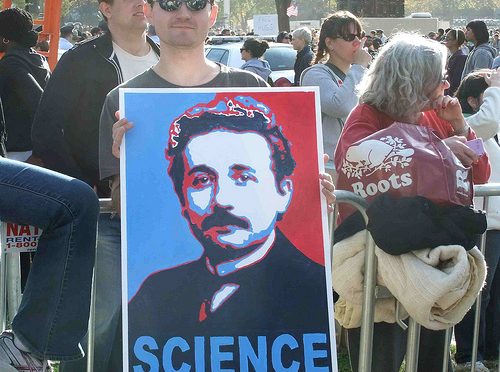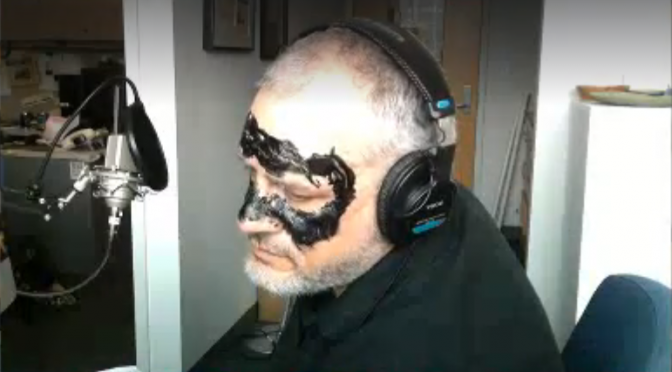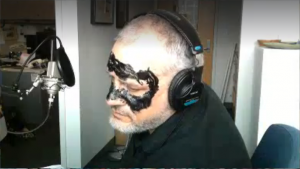Podcast: Play in new window | Download (Duration: 55:20 — 76.0MB)
Subscribe: Spotify | RSS | More
How to Think About Med Schools’ Primary Care Statistics


Listener Lavender BloodPoison (not their real name) sent us a message saying they were impressed by CCOM’s Primary Care residency match statistics. And while many schools that serve states like ours do love primary care, “there are lies, damn lies, and statistics,” as the saying goes. How should one interpret match statistics in light of the fact that many who appear to match in primary care will go on to specialize after their first year residency? Lisa Wehr, Teneme Konne, Aline Sandouk, Amy Young, and Kaci McCleary are here to drop some truths about the so-called “Dean’s Lie” (less a lie as much as it is a truth that doesn’t tell the whole story).
Also, Meldor returns to give us an update (congratulations, Meldor!), though we mourn losing her to another school. So we console ourselves by dishing on the medical scientist training program lifestyle.
This Week in Medical News
A program that uses hip hop to educate black youth and their parents on stroke is showing some successes. The new CDC director has a shady research past. Surgery centers are getting some attention as risky places to get surgery. And as promised, we go over some Match 2018 statistics.
We Want to Hear From You
Why is primary care or specializing attractive to you? Call us at 347-SHORTCT anytime, visit our Facebook group, or email theshortcoats@gmail.com. We love your comments and questions!

















